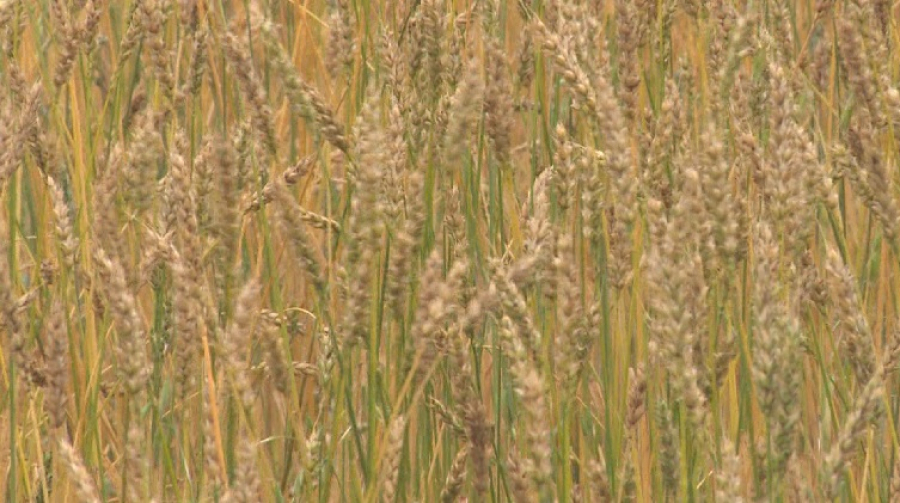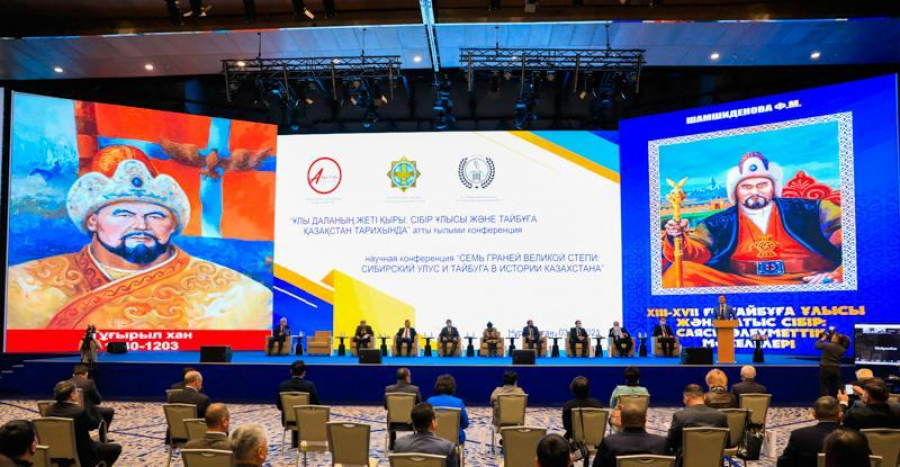
96 domestic social facilities managed to save up to 30 percent of energy resources. The facilities carried out the modernization with the introduction of energy-saving technologies as part of the implementation of the seven-year project “Improving Energy Efficiency in Kazakhstan”, the results of which were summed up in the capital. According to analysts, the result of the project is multiplicative. Several sectors of the economy have been positively impacted.
“This project has a very good multiplicative effect. First of all, this is local Kazakh content, about 85 percent of our building materials. This is also 2,000 jobs. At the moment, our Ministry of Infrastructure Development and the World Bank have come to the conclusion that this project needs to be scaled up. Because our country has a lot of social facilities that need thermal modernization,” said Baurzhan Smagulov, Chairperson of the Electric Power and Energy Saving Development Institute.
Yesterday, members of the parliament discussed the importance of the project. The senators approved in the first reading the bill, regulating the issues of efficiency of electricity consumption and energy saving.
“Electricity consumption decreased by 30 percent, which means that 30 percent of money was saved. This is money from the budget. Social sphere gets funding from the budget. Thanks to this project, we already see how much of our country's budget we can save in the future. We have 900 large enterprises that consume 30 percent of all electricity. And these enterprises will establish an energy auditor position. These people will be appointed to determine what opportunities there are to save electricity at each enterprise. Thus, they will not only save money for their enterprise, but it will generally positively affect the environment,” added Daniya Yespayeva, Member of the Mazhilis, the Lower House of Kazakh Parliament.
It should be noted that the World Bank allocated grant funds of more than US$20 million for the implementation of the energy efficiency project.
Editing by Galiya Khassenkhanova









